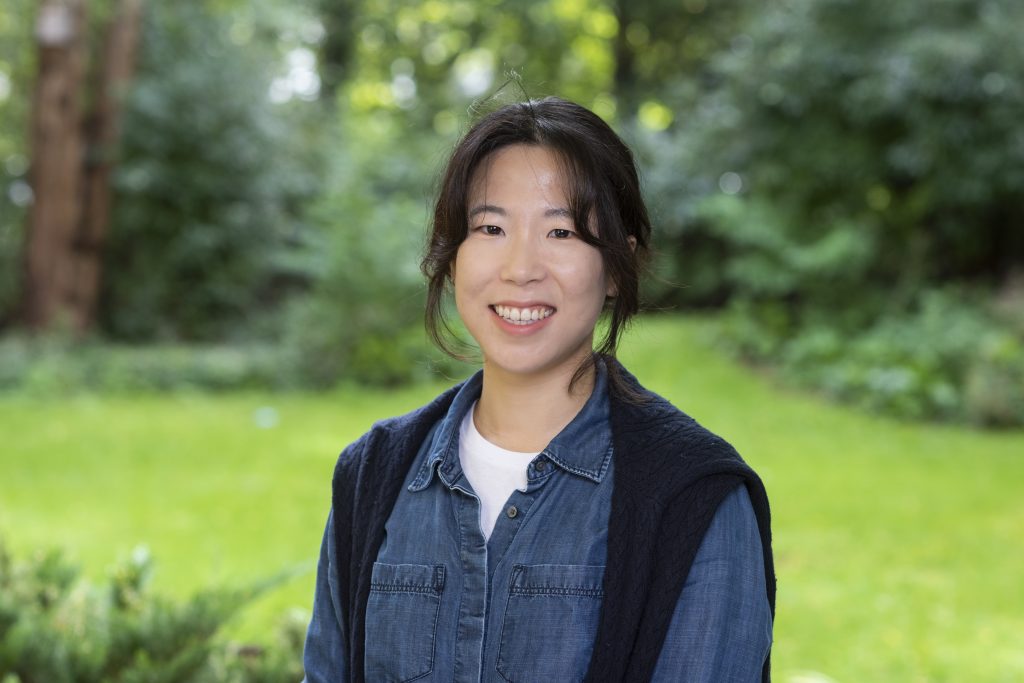Jisoo Seo is a DPhil student in the Department of Education conducting research in primary mathematics education.
Jisoo earned Honours Bachelor of Science with High Distinction (double major in biochemistry and pharmacology and a minor in psychology) at the University of Toronto. During that time, she worked as a mathematics tutor and observed how “mathematics often serves as a gate-keeper, an exclusive instrument for stratification, rather than an inclusive instrument for empowerment” (Stinson, 2004). Witnessing this unfortunate reality, she decided to join the field of education. After completing a Master of Arts in Child Study and Education at the University of Toronto, she worked as a substitute primary teacher for the Toronto and York Region District School Boards and as a research officer for the Robertson Program for Inquiry-Based Teaching in Mathematics and Science, University of Toronto. During her time at the Robertson Program, she worked in collaboration with schools, educators, community leaders, and students from First Nation communities in Northwestern Ontario, focusing on early years geometry and spatial sense.
She later completed her MSc Education (Research Design and Methodology) at the University of Oxford with the vision of: 1) providing children from marginalized and underserved communities a more equitable and inclusive mathematics learning experience, and 2) doing so by developing, designing, and disseminating higher quality, research-based mathematics curriculum and pedagogical practices. She continues to work towards her vision as a DPhil student now.
Publications
Hawes, Z., Cain, M., Jones, S., Thomson, N., Bailey, C., Seo J., Caswell, B., & Moss, J. (2020). Effects of a teacher-designed and teacher-led numerical board game intervention: A randomised controlled study with 4- to 6-year-olds, Mind, Brain, and Education, 14, 71-80.
Hawes, Z., Moss, J., Caswell, B., Seo, J., & Ansari, D. (2019). Relations between numerical, spatial, and executive function skills and mathematics achievement: A latent-variable approach, Cognitive Psychology, 109, 68-90.






